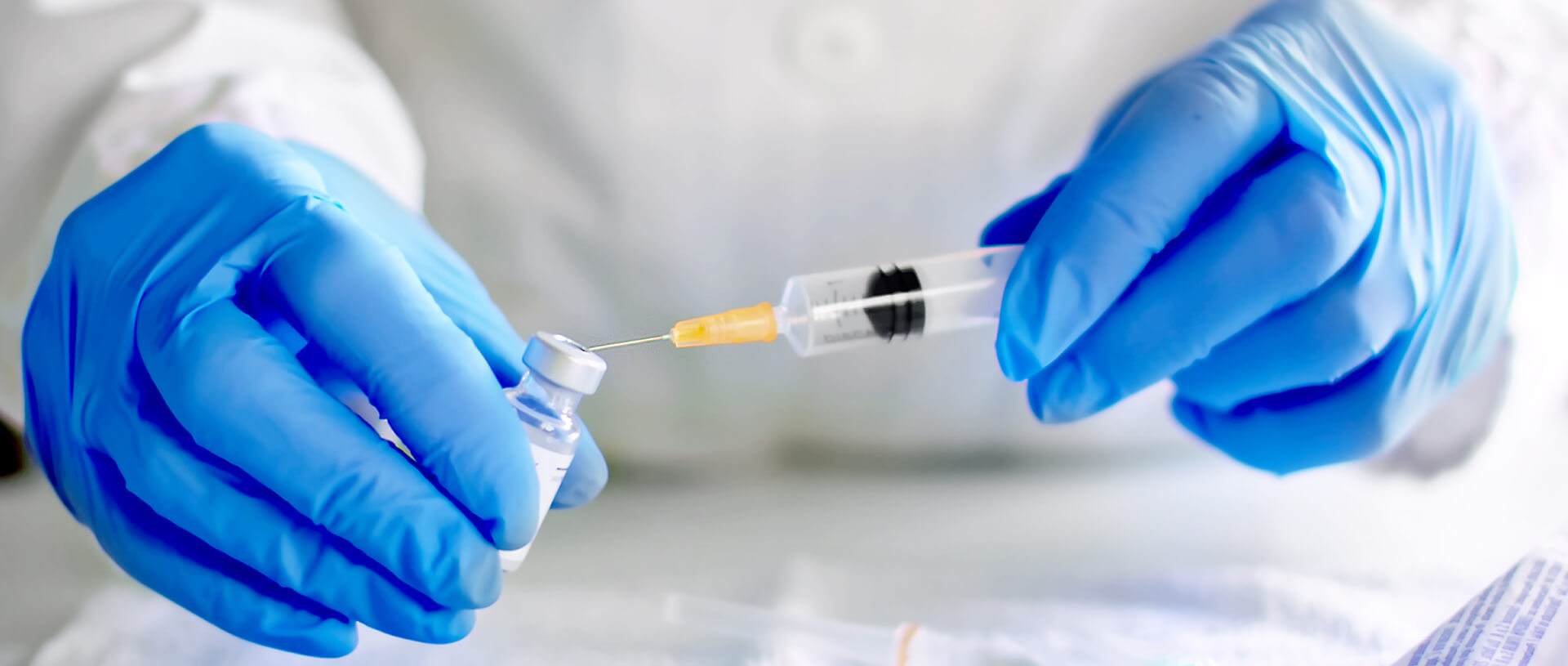Singapore will embark on human clinical trials next week with 23 healthy individuals for a potential treatment for Covid-19.
The phase one trial will be conducted by the SingHealth Investigational Medicine Unit and take about six weeks, said the drug's developer, Singapore-based biotechnology firm Tychan, yesterday.
The initial trial is meant to determine the safety and tolerability of TY027, a monoclonal antibody that specifically targets Sars-CoV-2, the virus that causes Covid-19.
Monoclonal antibodies are immune system proteins that are created in the laboratory, and can be specially designed and engineered to target viruses.
TY027 is being explored for its ability to slow down the progression of Covid-19 and speed up recovery, and its potential to provide temporary protection against infection, the company said.
If phase one is successful, Tychan will seek approval for the antibody to be administered to a larger population of volunteer patients in subsequent trials.
Clinical trials are commonly classified into four phases, beginning with a small group first to test for the drug's safety and side effects, and then moving on to larger groups to determine its efficacy.
The treatment is aimed at Covid-19 patients for now. Whether TY027 could be used in other applications - for instance, for healthcare workers or even overseas travellers - would depend on the results of the trial.
Professor Ooi Eng Eong of Duke-NUS Medical School, who is one of the founders of Tychan, said besides being a treatment for Covid-19, the drug could potentially be used to prevent infections.
"If the drug is indeed safe enough, we could, for instance, give (it) to healthcare workers who are treating Covid-19 patients so they don't get the infections themselves.
"And, as well as other scenarios like, for instance, if one travels to places with a lot of Covid-19 cases, this could be used to prevent infections when they are away from Singapore," he said.
TY027 was developed together with the Ministry of Defence, Ministry of Health, the Economic Development Board and other government agencies.
Tychan, which has received approval from the Health Sciences Authority to start dosing healthy volunteers, took less than four months to complete pre-clinical safety studies and other regulatory requirements.
Currently, there is no proven treatment or vaccine for Covid-19. One approach involves harvesting antibodies from Covid-19 patients to treat others with the disease, which has been shown to work in other serious viral infections.
However, the quantity of antibodies that can be recovered is limited, and it would be challenging to produce enough quantities to treat more than a few individuals.
To overcome this limitation, a number of biotech companies have established platforms to scale up the production of antibodies against Covid-19.
In tandem, a number of Singapore groups, including Tychan, have also joined the international race to develop monoclonal antibodies against Covid-19.
Tychan, which counts Temasek as its founding investor, is a clinical-stage biotechnology company focused on developing treatments for emerging infections through disruptive technologies.
Asked to comment on the development, Assistant Professor October Sessions of the NUS Saw Swee Hock School of Public Health said for a potential therapeutic targeting a novel pathogen to go from concept to clinical trials in four months was "nothing short of astonishing".
There are currently more than 500 vaccine, antiviral and treatment candidates moving into or through clinical trials, he said. Those that are closest to completing clinical trials and gaining regulatory approvals are drugs that had been developed for other purposes but showed some efficacy against the Sars-CoV-2 virus, such as remdesivir.
© 2020 Singapore Press Holdings
This article was written by Lim Zhang from The Straits Times and was legally licensed through the NewsCred publisher network. Please direct all licensing questions to legal@newscred.com.







